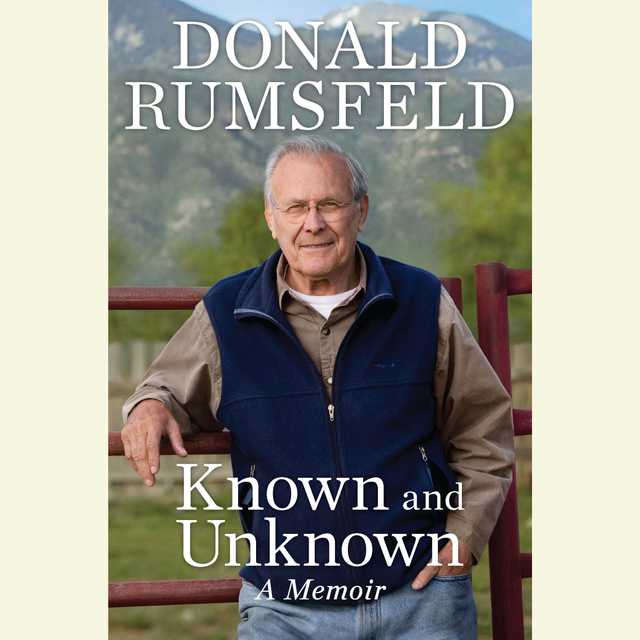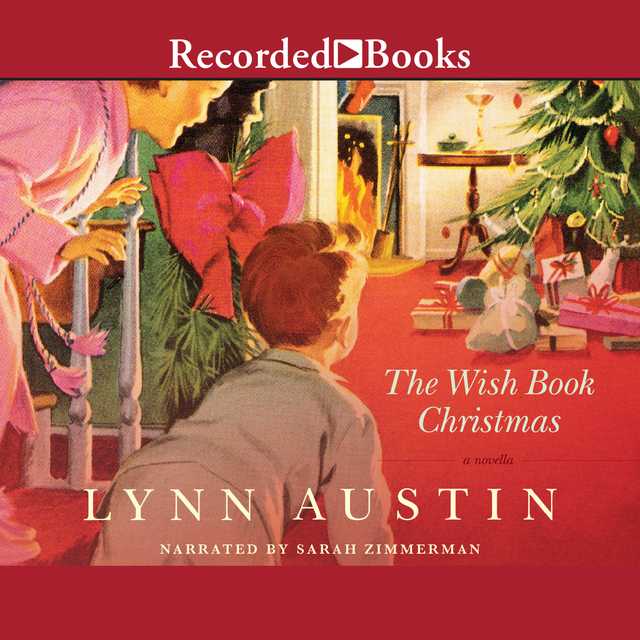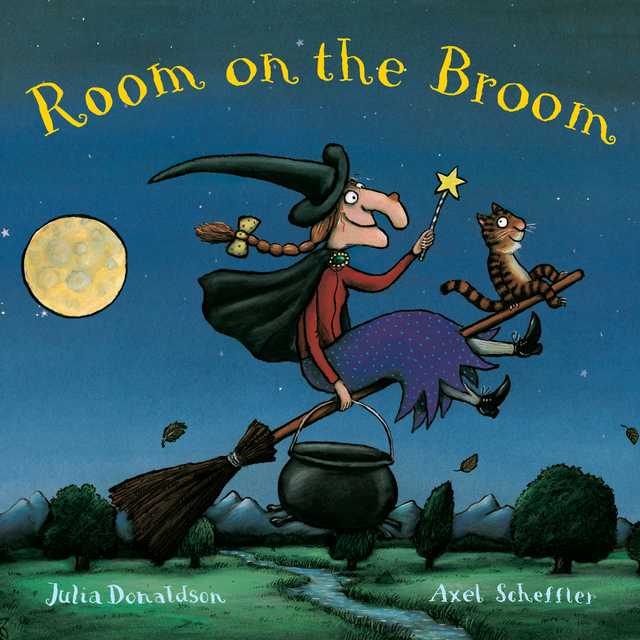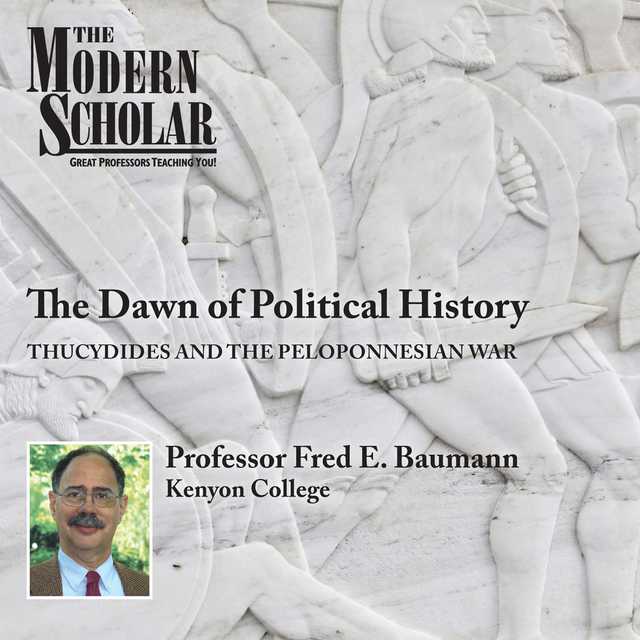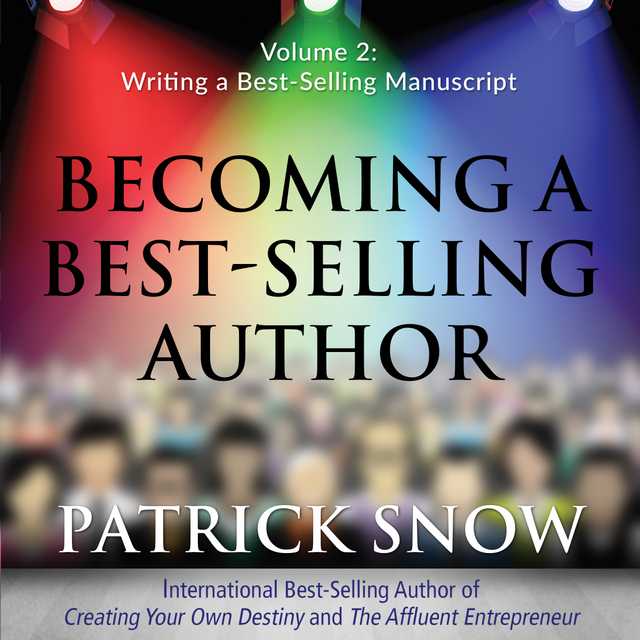Women Audiobook Summary
Low-life writer and unrepentant alcoholic Henry Chinaski was born to survive. After decades of slacking off at low-paying dead-end jobs, blowing his cash on booze and women, and scrimping by in flea-bitten apartments, Chinaski sees his poetic star rising at last. Now, at fifty, he is reveling in his sudden rock-star life, running three hundred hangovers a year, and maintaining a sex life that would cripple Casanova.
With all of Bukowski’s trademark humor and gritty, dark honesty, this 1978 follow-up to Post Office and Factotum is an uncompromising account of life on the edge.
Other Top Audiobooks
Women Audiobook Narrator
Christian Baskous is the narrator of Women audiobook that was written by Charles Bukowski
Charles Bukowski is one of America’s best-known contemporary writers of poetry and prose and, many would claim, its most influential and imitated poet. He was born in 1920 in Andernach, Germany, to an American soldier father and a German mother, and brought to the United States at the age of two. He was raised in Los Angeles and lived there for over fifty years. He died in San Pedro, California, on March 9, 1994, at the age of seventy-three, shortly after completing his last novel, Pulp.
Abel Debritto, a former Fulbright scholar and current Marie Curie fellow, works in the digital humanities. He is the author of Charles Bukowski, King of the Underground, and the editor of the Bukowski collections On Writing, On Cats, and On Love.
About the Author(s) of Women
Charles Bukowski is the author of Women
More From the Same
- Author : Charles Bukowski
- On Cats
- Post Office
- Factotum
- Pulp
- Hot Water Music
- Publisher : HarperAudio
- Abraham
- American Gods [TV Tie-In]
- Dead Ringer
- House of Sand and Fog
- Prey
Women Full Details
| Narrator | Christian Baskous |
| Length | 10 hours 27 minutes |
| Author | Charles Bukowski |
| Category | |
| Publisher | HarperAudio |
| Release date | August 13, 2013 |
| ISBN | 9780062302915 |
Additional info
The publisher of the Women is HarperAudio. The imprint is HarperAudio. It is supplied by HarperAudio. The ISBN-13 is 9780062302915.
Global Availability
This book is only available in the United States.
Goodreads Reviews
Ryan
June 15, 2007
Misogyny, misogyny, misogyny....that's all everyone sees. Few see the true character of Hank, only the brutal sexual descriptions, the words beginning with "C" and his practice of "mounting" whatever drunken soul may have wandered into his piss-stained bed. This is one of the most American novels I have ever read. It tells the story of the common man, overburdened by the memories of his abusive youth, beleagured by his own unsightly appearance and wallowing in the depths of alcoholism. Few feel the groan of his body when he rises each morning, the dull thud in his brain, or the unrequited love in his heart. This is not a story of a crude womanizer. This is the story of pain and consistency, his life moving along with each labored step, unwillingly. It is the story of rejection, acceptance and our own inherent ability to survive without really trying. They sounded like really nasty women anyway....
Vit
August 18, 2021
Freaks always attract other freaks – it must be some immutable law of nature.I had on my dead father’s overcoat, which was too large. My pants were too long, the cuffs came down over the shoes and that was good because my stockings didn’t match, and my shoes were down at the heels. I hated barbers so I cut my own hair when I couldn’t get a woman to do it. I didn’t like to shave and I didn’t like long beards, so I scissored myself every two or three weeks. My eyesight was bad but I didn’t like glasses so I didn’t wear them except to read. I had my own teeth but not that many. My face and my nose were red from drinking and the light hurt my eyes so I squinted through tiny slits. I would have fit into any skid row anywhere.Aloofness, drunkenness, seclusion: Hank Chinaski is a deliberate pariah, a lone wolf – misogynic and misanthropic…I disliked them all immediately, sitting around acting clever and superior. They nullified each other. The worst thing for a writer is to know another writer, and worse than that, to know a number of other writers. Like flies on the same turd.Women come and go, an ensemble of women is exotic and bizarre but all of them are thoroughly unhappy. Emptiness swallows existence and human comedy is hardly distinguishable from human tragedy…I was glad I wasn’t in love, that I wasn’t happy with the world. I like being at odds with everything. People in love often become edgy, dangerous. They lose their sense of perspective. They lose their sense of humor. They become nervous, psychotic bores. They even become killers.A curst cur must be tied short…
Lydia
August 10, 2011
The leading crazy lady's name is Lydia. I can relate. Charles Bukowski has a way of betraying you and making you laugh in spite of yourself; disgusting you and then melting your heart with one tender and insightful paragraph you do not expect, at a moment that doesn't seem appropriate in context to that which he is speaking. It is impossible to love Bukowski and impossible not to love him. This book is just a delight, if you can absorb it. He is mushy soft at his core.
donkeymolar
July 18, 2008
I discovered Charles Bukowski while in Las Vegas, in December 2000.My dad thought it was a good idea to take his 19 year old daughter to Vegas. Because I LOVE watching everyone else gamble and drink while I can't participate! To be fair, we saw some really good shows (Blue Man Group and Mystere). And the buffets were exciting (Paris was wonderful).And ! I did get screamed at by a lady on the bus that goes up and down the strip. She looked like Mimi from the Drew Carey show. Well, she dropped her purse and I, being the gentleman that I am, went to pick it up for her because she was obviously too large to bend over herself. And I didnt want her roly poly, blue eyeshadow wearing self to roll down the aisle causing an accident.(To be fair, she probably wouldnt have rolled, just gotten stuck.)So this ass starts screaming at me "Don't touch my purse, don't steal my purse!"So embarassing...So later that day....I bought a really sweet corset and some cute underoos at the Victorias Secret in Vegas. At 19, I was at my most attractive. Everything has gone downhill since then. The ban on ephedra didn't help either. I swear, a few people die and they go and freakin' ban it. People die from cars and alcohol all the time but they dont go banning those. Whatever, man. (I miss you Xenedrine! Call me! **please email me if you have any black market ephedra, will pay in books**).But the point is, I could wear a corset back then and look mildly attractive in the right lighting. If you squinted your eyes.I do remember trying that get up on in my hotel room and thinking "Ooooh sexy lady, oh yeah. You soooo fine!"That was also the last year I considered myself a female.That was the first and last time I have ever shopped at Victoria's Secret. My friend , Erika, has to remind to me wear bras to this day.(I also bought 2 pieces of cheesecake from the Cheesecake Factory and brought them back to my hotel and devoured them both)So back to the main subject matter here... our last day in Vegas, we were in some store and there was this book called "Drinking , Smoking and Screwing"."Yes, yes and yes", I thought to myself.Didn't even read the description, I just immediately bought it.Lucky for me it was a collections of short stories from awesome writers about the title subjects.And an exerpt of Charles Bukowski's "Women" was one of them.He stood out to me because he writes like he speaks. In plain, no frills english. Some call him misogynistic but I disagree. I never felt like he was exploiting or demeaning women (in any of his books).Most of the bitches in his books deserved to be treated like shit. Or wanted to be treated like shit. Because that's how women are sometimes. And that is why I no longer can relate to that gender amoung many other reasons.I guess my connection with Buk lies in heartbreak.That's what he reminds me of. That bittersweet feeling of your heart being torn out but still continuing to beat.
Ahmad
May 19, 2022
Women, Charles BukowskiWomen focuses on the many dissatisfaction's Chinaski faced with each new woman he encountered. One of the women featured in the book is a character named Lydia Vance; she is based on Bukowski's one-time girlfriend, the sculptress and sometime poet Linda King. Another central female character in the book is named "Tanya" who is described as a 'tiny girl-child' and Chinaski's pen-pal. تاریخ نخستین خوانش: روز چهارم ماه ژانویه سال2010میلادیعنوان: زنان (زنها)؛ نویسنده: چارلز بوکوفسکی؛ موضوع داستانهای نویسندگان ایالات متحده آمریکا - سده20منقل نمونه ای از ترجمه متن: (سالها پیش در سی و پنج سالگی ازدواج کرده بودم؛ ازدواج ما دو سال و نیم دوام آورد؛ همسرم از من جدا شد؛ تنها یکبار عاشق شده ام؛ به خاطر اعتیاد شدید به الکل مُرد؛ موقع مرگش چهل و هشت ساله بود، و من سی و هشت سال سن داشتم؛ من دوازده سال از زنم جوانتر بودم؛ خیال میکنم او حالا خیلی وقت است که مُرده، هرچند مطمئن نیستم؛ پس از طلاق، شش سال، در کریسمسها، برایم نامه ای بلند بالا مینوشت، و من هرگز جوابش را نمیدادم...)؛ پایان نقلتاریخ بهنگام رسانی 18/07/1399هجری خورشیدی؛ 29/02/1401هجری خورشیدی؛ ا. شربیانی
Valentina
June 02, 2016
Es increíble lo sencillo que puede parecer un escrito pero que tenga un trasfondo tal interesante. Si lo vemos muy superficialmente, estamos con Henry Chinaski, (un alter ego de Bukowski) que es un escritor que está muy cerca de llegar a los 60 años, más o menos. La historia nos sigue en como él y otras mujeres mucho más jóvenes tienen encuentros sexuales. Así que el hilo de la historia es básicamente este hombre teniendo sexo con una y otra y otra mujer... Podría sonar tedioso, o con poca gracia, pero Bukowski y su pluma tienen una dimensión impresionante. Henry Chinaski es de los mejores personajes que he leído. Conectar con sus pensamientos tan crudamente reales, es increíble. La forma en la que durante todo el libro se va cuestionando el comportamiento, o el ser de las mujeres, relacionando sus múltiples encuentros sexuales con una especie de investigación indirecta en donde la conclusión resulta que cada mujer es un mundo.... y el desearía descubrir la mayoría, así fuera imposible. El final también es increíble. Ya que en casi todo el libro pensé que Chinaski sería un personaje que no se salvaría.... pero al final lo hizo. Cambió. Evolucionó. Un desarrollo de personaje que se ve notablemente solo en las últimas páginas del libro, pero que fue de las mejores partes, y un toque increíble.Una lectura de todo mi gusto, que leí rápido y con mucho interés. Una lectura muy real, muy cruda, y muy "gráfica". Ya que Bukowski se encarga que el lector le quede claro cada uno de sus pensamientos, y cada uno de los movimientos en sus encuentros sexuales...y esto implica escribir con mucha crudeza. Uno de los mejores libros que he leído.
Eileen
February 12, 2008
In the words of a reviewer on Amazon, "First off, this book will offend people. It will probably offend you." This book hit a little too close to home (you could say I've met and loved this man in real life). At first, reading it was easy; the language is not complex and the material is the definition of "page-turner" - sex, love, drugs, alcohol - in raw, unapologetic realism. And then around page 200 it all became too much. Chinaski does another poetry reading, beds (and then rapes, though strangely enough he does not call this what it is) a new woman half his age, breaks another woman's heart... and drinks, drinks, drinks. I decided to finish the book, because I was more than 2/3 along the way, and I'm glad I did. Chinaski has a breakthrough eventually, and it is heartbreaking, no matter how much you may have grown to despise him. Whether he'll learn or not, who's to say? But then again, that's life right there. And Bukowski's prose, if nothing else, tells it like it is whether you want to read it or not.
Tia
June 09, 2016
My God, this book is perfect. I finished it a day ago, so I've had time to digest it. It's gonna be hard to move onto my next book, my rebound read, because I'm still hung up on this one. I'm in love with it. I can't find a single flaw in it. This was my first Bukowski book, and I doubt his others will be able to live up to it for me. This would have to be one of my favorite books of all time, right up there with House of Leaves.Basically this is autobiographical fiction about a brief period in Bukowski's life. He was divorced, he'd had his heart broken, and he was starting to get mild fame for his writing. He was actually a romantic deep down, he was looking for a true connection with a woman. He hadn't had his pick of women in his past, since he was not a good-looking man and he had an awful childhood. He was insecure around beautiful women. But suddenly he found himself having groupies, in his 50's. He was a broken man and he attracted broken women. His alcoholism meant he ended up with other drunks and addicts, or women who became frustrated with his drinking.Strange as it may seem, I related to this book more than anything I've read before. That's why I like it. That's why I read. I'm always looking for books that can put my own feelings into words. I don't agree with people saying this book is full of "misogyny." I'm not even sure they know what that word means. I've yet to find a female author's work that resonated with me half as much. If anything, this book showed how much he truly loved women, even when he was unlucky in love. He seemed to be a sucker for them. He was a bit intimidated by them, especially when sober. He couldn't believe it when beautiful or kind women had an interest in him. Yet, somehow he always found a way to mess it up. Some women he just didn't have feelings for, and their relationships were amicable. But whenever he fell hard for women, it didn't seem to work out. I don't think that's him being a jerk, that's just how life goes sometimes. He was always very honest with all of them. Brutally honest. He never cheated or led them on.This book reminded me so much of a year in my life. I was 28. I'd been in three serious long-term relationships. Those were the only men I'd slept with, and all of them broke my heart. So I went a little wild. I drank a lot, and I slept around a lot. Some of the men I got attached to, but they did not want to date me. Other men fell for me, but I did not feel anything for them. I spent that year drinking and fucking and writing before meeting the man I would marry, and I don't regret it at all, but I'm glad it's over. Bukowski's alter ego, Chinaski, is the perfect antihero. The kind of flawed protagonist I'm always searching for. He's a piece of shit, his life is a mess, but you'll root for him anyways. You'll want him to find the love he's looking for, and in the end he does. He meets a woman who won't sleep with him for a long time, so they develop a true friendship. She's a good woman, easy to talk to, not willing to put up with his crap. And he really likes her, and she likes him, and in the end he realizes what that's worth. She's based off a woman he married. So I think the book ended rather sweetly. Also, Bukowski can really write. This book was a joy to read. I couldn't put it down! Here's my problem with memoirs - just because it happened, doesn't mean it's interesting. Bukowski knew the power of fiction. He knew exactly what to keep, what to leave out, and what to fabricate. So this story is very readable. There was nothing I'd change about it. I loved what Chinaski said about The New Yorker featuring writers that are too educated, and about Hemingway being talented but not knowing how to have fun. Bukowski is like Hemingway in that his prose is sparse - maybe not "clean" since he's such a dirty old man, but it's minimal. That's what I admire about Hemingway. What I don't like about Hemingway is he was so serious and wrote about very dull things, so his talent was wasted. Women is not a dull book! I think even people who hate it will stick with it. They may be disgusted, but they'll still be entertained.I was hooked within the first few pages. You don't have to wait for this one to "start." It was hilarious, too. Not since Augusten Burroughs have I laughed out loud so much. And this book was insightful. There were quotable lines or paragraphs in every single chapter. This is going to be one of those books that I read again and again. One of those books I wish I would've found 10 or 15 years ago. Finding this book was like finding my husband. It made me think, "Where have you been all my life" but then, also, "I probably wouldn't have been ready for you when I was young and too close to things." I'm in a place right now to appreciate this.
Michael
May 23, 2013
Repulsive.There it is, my one word review of Women.As I'm reading the book, hating it more and more, I'm wondering how I can ever review it. I'm not too fond of reviewing books anyway, but I didn't know how I could even share my thoughts on it. I decided I'd just do an alphabetical 26-word review, starting with "atrocious" and ending with "zany" with each word a representation of what I hated about the book.Way too much work.So why didn't I like Women? I was turned off by what I perceived as Bukowski's misogyny and his lack of humanity. I didn't enjoy that the story read like a broken record, I was unhappy with the bleakness of love, I was bored listening to a loudmouthed drunk telling me exaggerated stories of his past and his love life.So why do I rate a book I disliked so highly? Because when I finished I realized that no one, at least no one I know, writes with this much truth and this much passion and this much honesty. No one I know has the guts to rip himself open and throw himself on the table for pedantic lubbers like me to criticize.And I also realized that Charles Bukowski is the only writer I've ever read who can make me laugh out loud. Sometimes not for the right reason.Women is raw and offensive and insulting and repulsive but it's thoroughly honest, disturbingly brutal and undeniably real.
Henry
February 13, 2013
Women is definitely not Bukowski at his finest, nevertheless, the book has its merits. In this book, we get a slightly different glimpse at Henry Chinaski, Bukowski's alter ego, and once we get past the same scenery in which the only thing that changes are the sets of legs spread before him, we are offered a look into a life of a man who is nearing his top game (in term of recognition) while being torn inside. Torn by the insatiable appetite to taste all the fruit forbidden to him for the first fifty years of his life, torn by the superficial attempts to fill a void, torn by his inability to attach, to be satisfied. We get the same gut-level honesty, the same raw emotions and descriptions Bukowski does so well; the same seedy neighborhoods and their protagonists; the same booze-fueled nights and sleepy days that pass in a haze. But we also get more. We get a vulnerable human being that on one hand desires to be good while on the other hand acts like a jerk. Can he help himself? Perhaps, yet he has no desire to. Some reviewers mention redemption at the end of the book. I did not see it that way. Hank became softer, yes, he did. But entering a relationship that would clearly not work in the long run is certainly not redemption. I view it more like a momentary break, a pause on his path towards self-destruction that marred Bukowski's real life. For the most part, this book deals with sexual encounters of a random order, some lasting, some not. But are the short-lived ones an attempt to "crawl back to the womb", an attempt to find comfort and affection not allowed to him for the past five decades? Are the lasting encounters an attempt to find a woman crazier than he is, a woman more self-destructive than he is? Are those an attempt to reassure himself that there is nothing wrong with his own ways? I loved Bukowski's own revelations and reflections in Hollywood. There was more to it than the book suggested. In Women, there is also more, but he has not yet reached a state of self-discovery, of self-observation. He is a kid in the candy store, except he is not a kid and the candy are the various women sleeping with him due to his recently acquired rock-star status. Does he suffer inside? Sure, but he does not see it that way, not yet. He, nevertheless, feels a void, he just didn't name it yet, and all the candy he get is not going to fill it. To me, Women is a story of a man at the threshold of discovering himself. His path and method are rugged, his encounters utterly meaningless, but with each new woman that spends a night in his old, crappy bed, he inches closer to finding the lack of meaning in it all, closer to feeling something. And for this, Women makes for a good human story. It's not Factotum, Post Office, or Pulp...it's Bukowski in a relative material comfort, struggling to pull himself out of an emotional abyss.
André
October 16, 2019
"Low life writer and alcoholic Henry Chinaski was born to survive. Now, at the age of fifty, he is living the life of a rock star, running three hundred hangovers a year and a sex life that would cripple Casanova. "Women" is a riotous and uncompromisingly vivid account of life on the edge." - New YorkerWhat a redundant and glamorous way to describe Bukowski's protagonist/alter ego, Henry Chinaski..."Women" spins around Henry's later sexual life (in his 50's). Now as a minor famous writer, Henry can be described as a proud alcoholic, vulgar, savagely honest, sincere, misanthrope and highly sarcastic with a dry perspective of his surroundings. Bukowski's alter ego is fond of classical music (mainly German composers and some Russian ones). He's keen of racetracks and boxing matches and makes reading sessions around the country in order to survive (makes enough money to buy cigarettes, booze and to pay the rent and hates these reading sessions). Depicted as the classic low-life writer taken from a noir thriller movie, our fellow protagonist writes during the night while drinking piles of booze and wakes at noon (usually with a hangover). As a result of his misanthropy view, people consume him in a deep emotional level, due to this reason, Henry dwells in temporary relationships with several women. Hank (Chinaski's nickname) craves for women and the best way to get to know them is by having affairs with them; His method to understand them deeply is mainly motivated by his sexual drive. In this story, Chinaski's women are of different traits: Vulgarity, Classy, Manipulative, Free Spirit, Impulsive, Psychotic, Repulsive and so on, are traits spread among the fifteen women (even more) in this sexy tale. When alcohol doesn't become an obstacle in Hank's sexual pleasures, he manages to tell all the details of his sex adventures."I was drawn to all the wrong things: I liked to drink, I was lazy, I didn't have a god, politics, ideas, ideals. I was settled into nothingness; a kind of non-being, and I accepted it. I didn't make for an interesting person. I didn't want to be interesting, it was too hard. What I really wanted was only a soft, hazy space to live in, and to be left alone. On the other hand, when I got drunk I screamed, went crazy, got all out of hand. One kind of behavior didn't fit the other. I didn't care." "If I had been born a woman I would certainly have been a prostitute. Since I had been born a man, I craved women constantly, the lower the better. And yet women - good women - frightened me because they eventually wanted your soul, and what was left of mine, I wanted to keep. Basically, I craved prostitutes, base women, because they were deadly and hard and made no personal demands. Nothing was lost when they left. Yet at the same time, I yearned for a gentle, good woman, despite the overwhelming price. Either way, I was lost. A strong man would give up both. I wasn't strong. So I continued to struggle with women, with the idea of women.""That's the problem with drinking, I thought, as I poured myself a drink. If something bad happens you drink in an attempt to forget; if something good happens you drink in order to celebrate; and if nothing happens you drink to make something happen."The protagonist is aware and accepts his living condition. He's aware of his vulgarity, alcoholic problems, and his misanthropic nature. As a result of Henry's life experience, he manages to write what he thinks and feels in a brutally honest way. That's what drives so many people to enjoy his poems. Despite Henry's personality, his thoughts are full of sincerity, truthfulness, and passion. Most of those women in Henry's life were as low as Chinaski, but all of them had something in common: Driven by his writing, they were all attracted to him in an unconscious way. Attraction is not a choice! There are actions driven by our unconscious that we can't control. That's precisely what those women were doing. They were aware of Chinaski's life views but most of them didn't want to leave him. Chinaski was indeed vulgar, obscene and at times repulsive (physically and psychologically) but he was different from the average men, he had sparkling, passion, experience, dry humor and (obviously) had the status of a writer. Those traits were enough to draw most women. It's all Psychology and Biological traits represented in a raw and daring format, fellas!Bukowski's writing style is simple, raw, bleak, straight to the point, yet quite illustrative when it really matters. The story's pattern is pretty much the same, although the author successfully manages to make the narrative interesting with his individual tales about several women. Bukowski's Women is daring, thought-provoking, rebel, insurgent, obscene and slightly vulgar, but it's a different vulgarity... It's an experienced vulgarity about acceptance and carnal pleasures. This novel is not a love song or a typical romantic story, but it's for sure a punk rock song about Human relations.Rating: 4.8/5 stars
robin
December 27, 2022
Chinaski's WomenI was inspired to reread Charles Bukowski's novel, "Women", (1975) after seeing the recent film documentary, "Bukowski: Born into This" which offers a compelling picture of "Buk's" life replete with interviews of Bukowski, his women, and friends.Charles Bukowski (1920-1994) was born in Germany but his family moved to the United States when he was three. He wandered around the country for some years living in cheap rooming houses and drinking. He worked as a laborer and for the post office for many years and wrote poems and stories in his spare time. His work gradually attracted a following and was published by Black Sparrow Press. He achieved substantial acclaim before his death and his work continues to be read. It is low-down, graphic, and visceral.Bukowski's novel "Women" (1975), is told in the voice of a character called Henry Chinaski, as are many other Bukowski novels. The book is largely autobiographical, but the use of a fictitious narrator provides a certain distance from its author, and deliberately so. During the course of "Women", Chinaski remarks more than once how his (Chinaski's) character differs to some degree from the public perception. I find it useful to remember the tension between the fictional Chinaski and the actual Bukowski in reading Bukowski's novels."Women" begins when Chinaski is 50 years old and is lamenting his lengthy lack of a sexual relationship with a woman. This lack is soon remedied during the course of the novel. Much of the story consists of a recounting of Chinaski's encounters with many women, most of whom are much younger than he is. Some of these encounters are brief one night stands, others continue over a period of time. Sometimes the women appear with Chinaski, leave, and then come back. Many of the women seem, in the story, genuinely drawn to Chinaski. He meets many of them through the poetry readings he gave at colleges and bars after his work acquired notoriety. Chinaski himself seems attached to at least some of these women -- perhaps more so than he would have his reader believe.The activities of the characters are simply, bluntly, and clearly described and will not appeal to all readers. There is a great deal of emphasis on sex, on excretory functions, on endless drinking, horseplaying, and some drug use. Some readers will also take offense at Chinaski/Bukowski's attitude towards women, focused as it is on physical appearance and sexual activity.I found the book engagingly written with its in-your-face attitude. It is gritty and realistic and describes Chinaski and his east Hollywood environs well. Many of the scenes are funny and perceptive as Chinaski mocks himself and his life. There is sexual honesty in the book as well as Chinaski shows us his failures -- which are frequent due to his alcoholism -- as well as the women that get away.The book shows a degree of reflectiveness that is easy to overlook on first reading. There are times when Chinaski enjoys and glorifies his life with his sexual conquests and drink but many passages in the book suggest second thoughts and feelings of guilt. Thus, in a passage near the end of the book, which I will expurgate and abridge, Chinaski says ( "Women" p.236)"I walked away feeling worse and worse. ... I could certainly play some nasty, unreal games. What was my motive? Was I trying to get even for something. .... I tinkered with lives and souls as if they were my playthings. How could I call myself a man? ... The worst part of it was that I passed myself off for exactly what I wasn't -- a good man. I was able to enter people's lives because of their trust in me. I was doing my dirty work the easy way."There is a great deal, then, of the cult figure Chinanski/Bukowski in this book but there is more than that. Bukowski may not be to everyone's liking and he should not be any reader's sole literary fare. But there is something in the books beyond the bluster, the self-pity, and the public image. "Women" is worth reading.Robin Friedman
Most Popular Audiobooks
Frequently asked questions
Listening to audiobooks not only easy, it is also very convenient. You can listen to audiobooks on almost every device. From your laptop to your smart phone or even a smart speaker like Apple HomePod or even Alexa. Here’s how you can get started listening to audiobooks.
- 1. Download your favorite audiobook app such as Speechify.
- 2. Sign up for an account.
- 3. Browse the library for the best audiobooks and select the first one for free
- 4. Download the audiobook file to your device
- 5. Open the Speechify audiobook app and select the audiobook you want to listen to.
- 6. Adjust the playback speed and other settings to your preference.
- 7. Press play and enjoy!
While you can listen to the bestsellers on almost any device, and preferences may vary, generally smart phones are offer the most convenience factor. You could be working out, grocery shopping, or even watching your dog in the dog park on a Saturday morning.
However, most audiobook apps work across multiple devices so you can pick up that riveting new Stephen King book you started at the dog park, back on your laptop when you get back home.
Speechify is one of the best apps for audiobooks. The pricing structure is the most competitive in the market and the app is easy to use. It features the best sellers and award winning authors. Listen to your favorite books or discover new ones and listen to real voice actors read to you. Getting started is easy, the first book is free.
Research showcasing the brain health benefits of reading on a regular basis is wide-ranging and undeniable. However, research comparing the benefits of reading vs listening is much more sparse. According to professor of psychology and author Dr. Kristen Willeumier, though, there is good reason to believe that the reading experience provided by audiobooks offers many of the same brain benefits as reading a physical book.
Audiobooks are recordings of books that are read aloud by a professional voice actor. The recordings are typically available for purchase and download in digital formats such as MP3, WMA, or AAC. They can also be streamed from online services like Speechify, Audible, AppleBooks, or Spotify.
You simply download the app onto your smart phone, create your account, and in Speechify, you can choose your first book, from our vast library of best-sellers and classics, to read for free.
Audiobooks, like real books can add up over time. Here’s where you can listen to audiobooks for free. Speechify let’s you read your first best seller for free. Apart from that, we have a vast selection of free audiobooks that you can enjoy. Get the same rich experience no matter if the book was free or not.
It depends. Yes, there are free audiobooks and paid audiobooks. Speechify offers a blend of both!
It varies. The easiest way depends on a few things. The app and service you use, which device, and platform. Speechify is the easiest way to listen to audiobooks. Downloading the app is quick. It is not a large app and does not eat up space on your iPhone or Android device.
Listening to audiobooks on your smart phone, with Speechify, is the easiest way to listen to audiobooks.

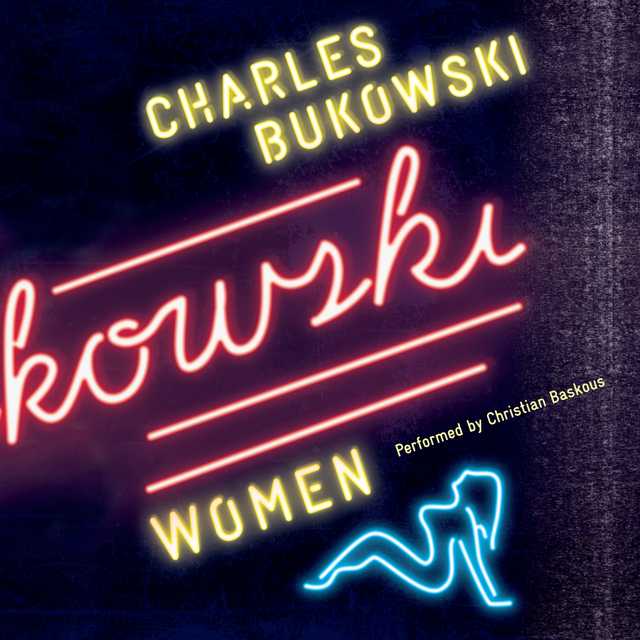









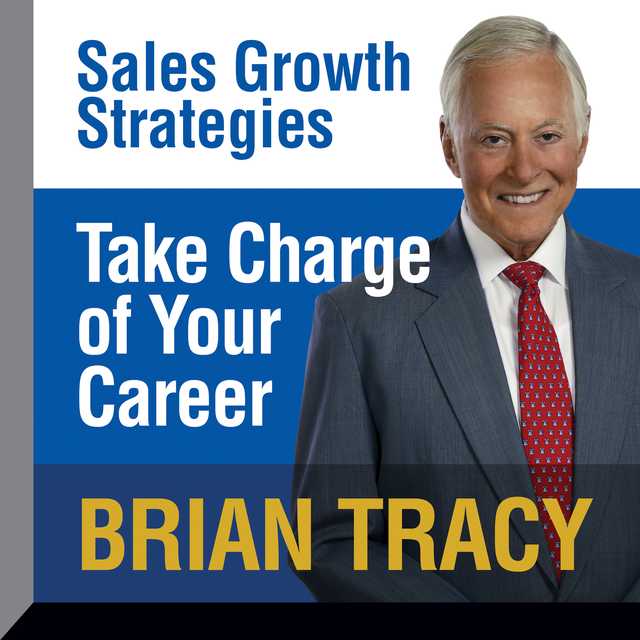
![Destiny [Dramatized Adaptation]](https://speechify.com/audiobooks/wp-content/uploads/sites/29/2023/06/pr_eaudio_9781648796548_640px.jpg)
